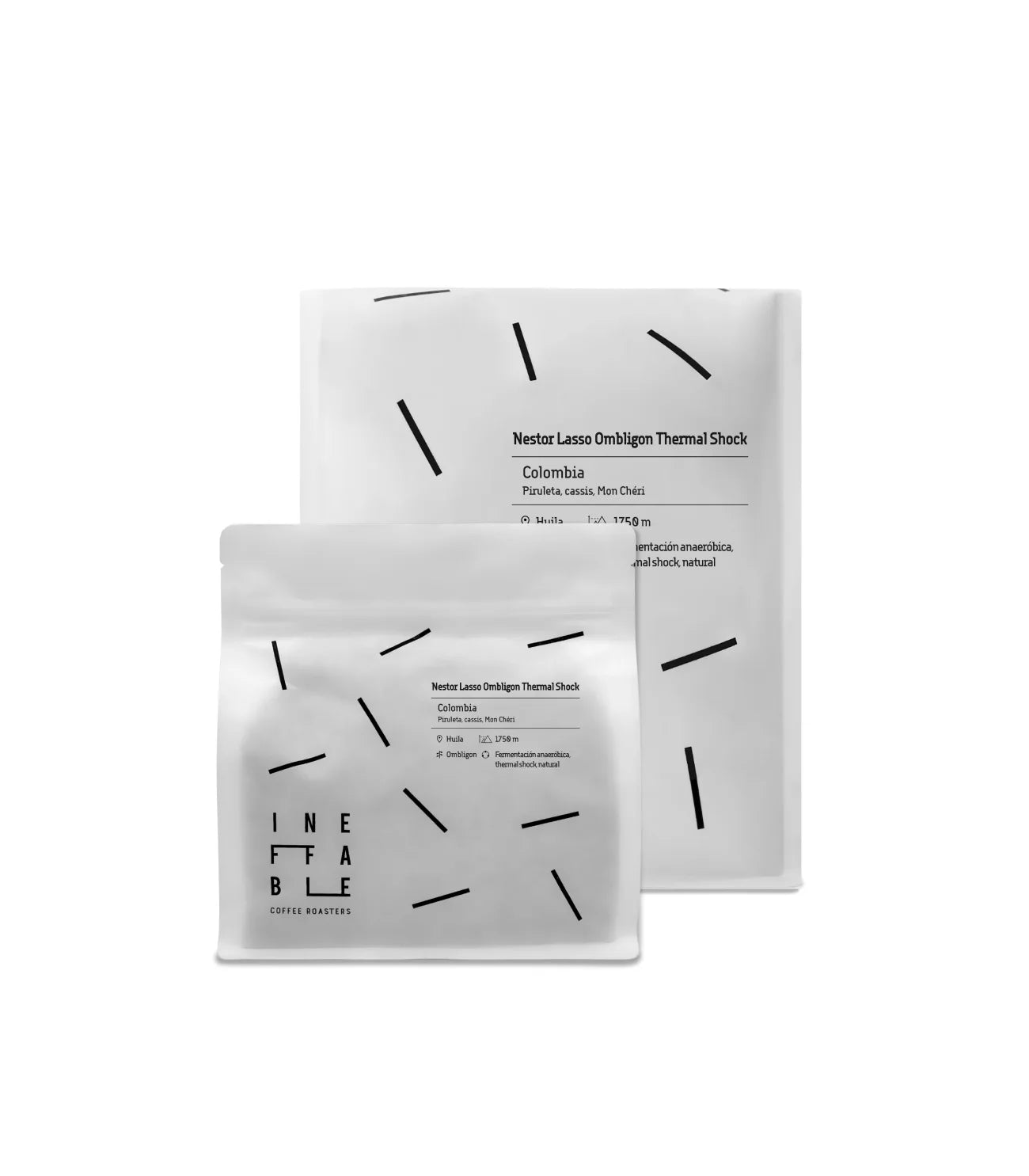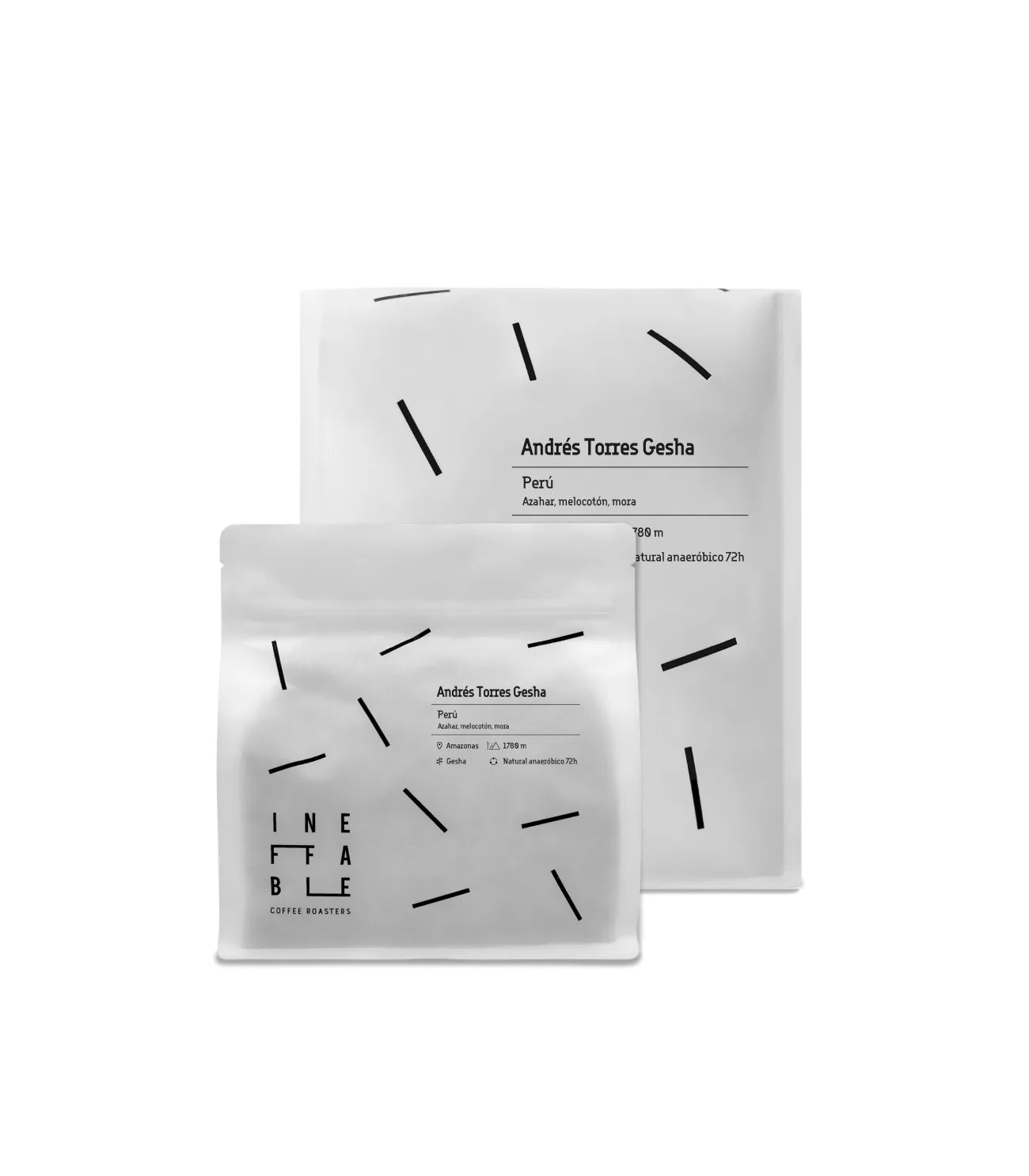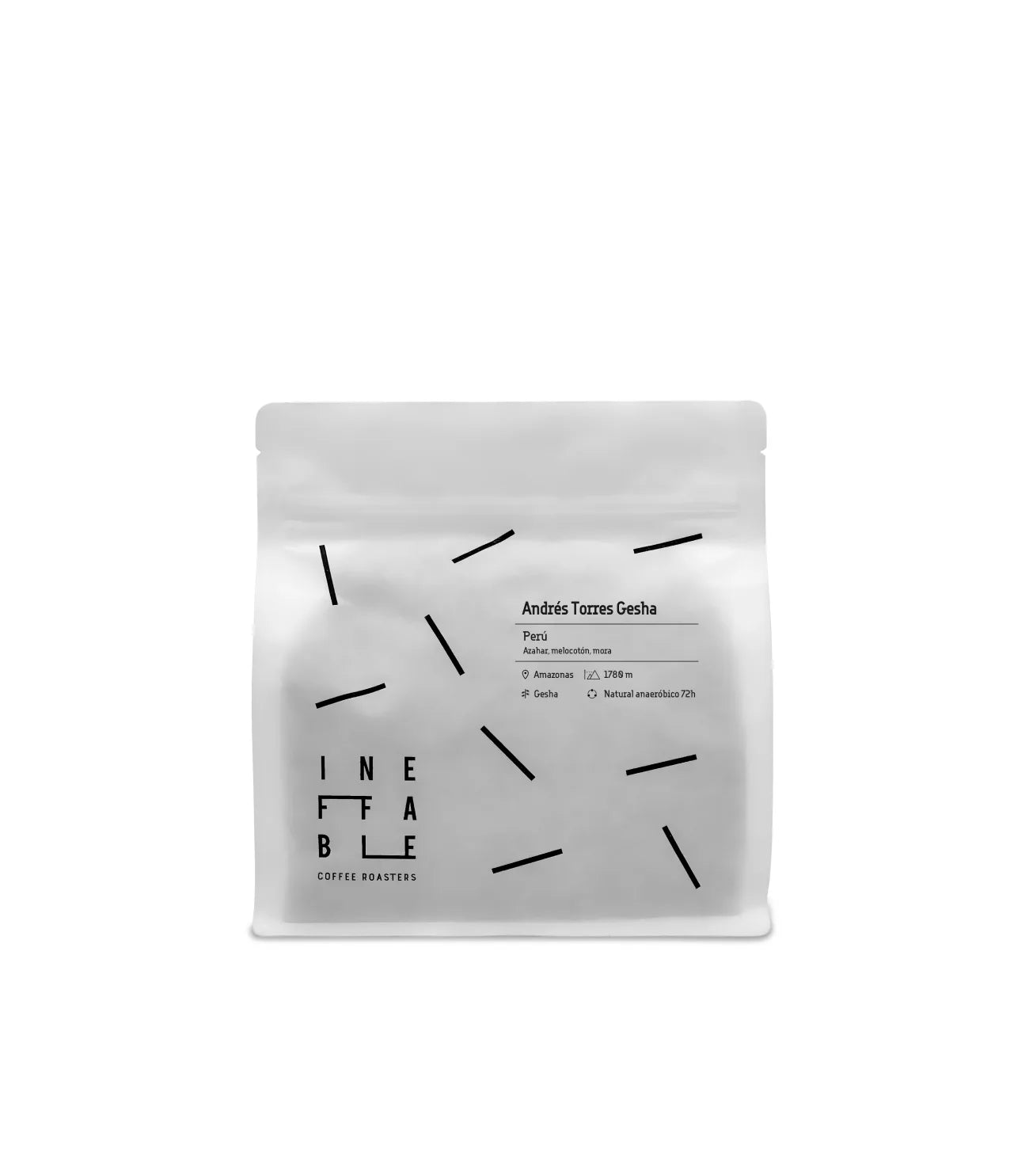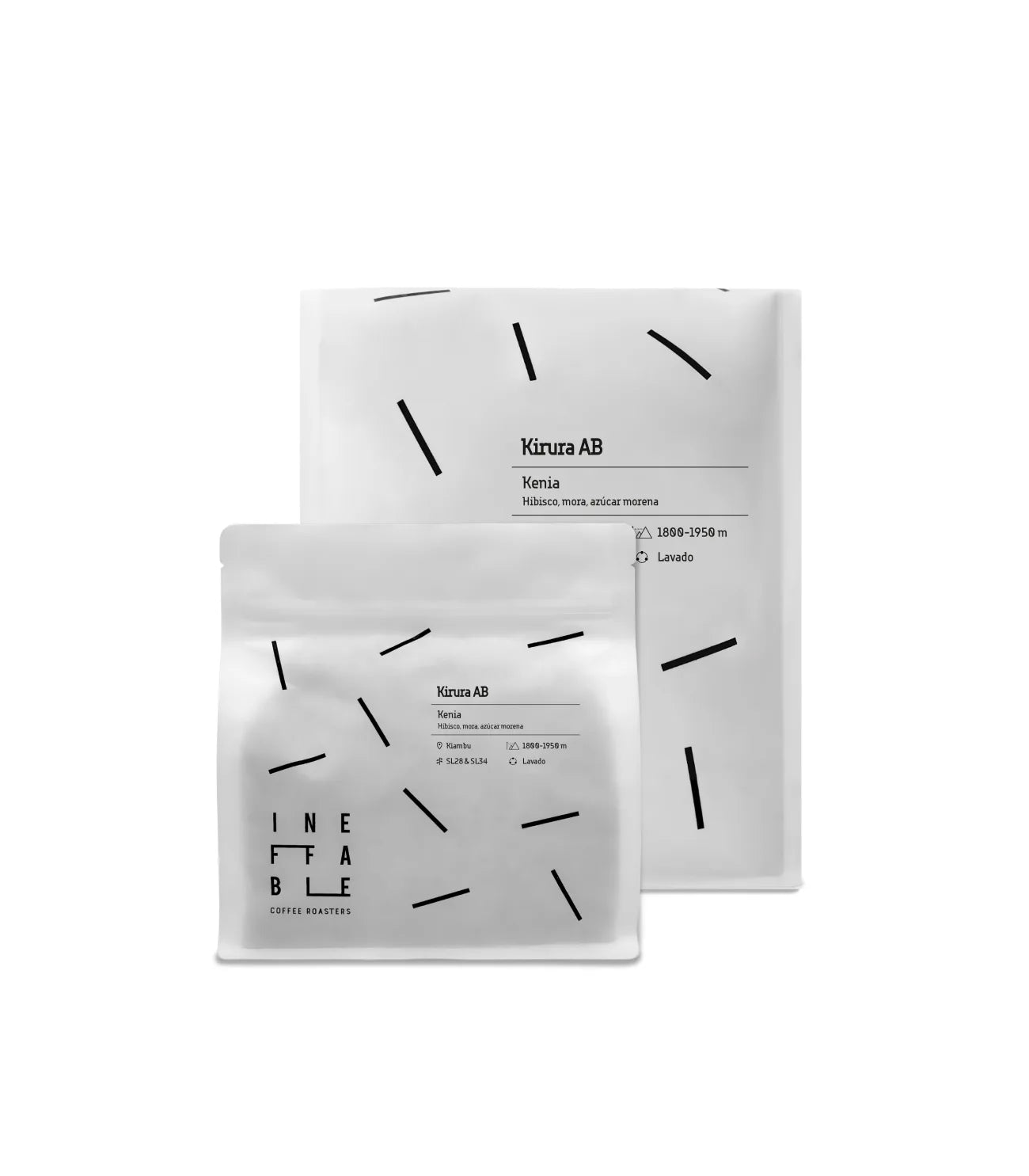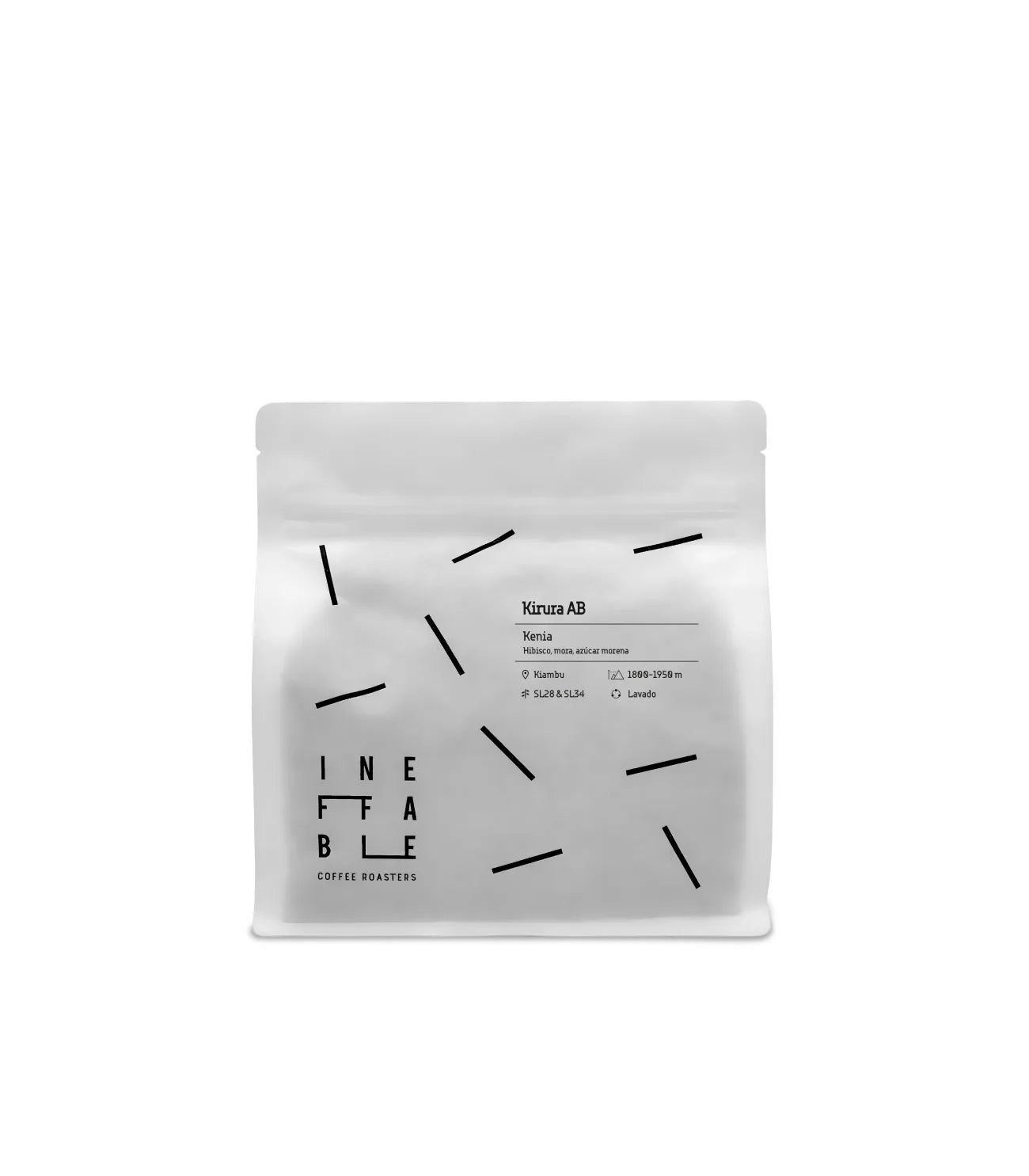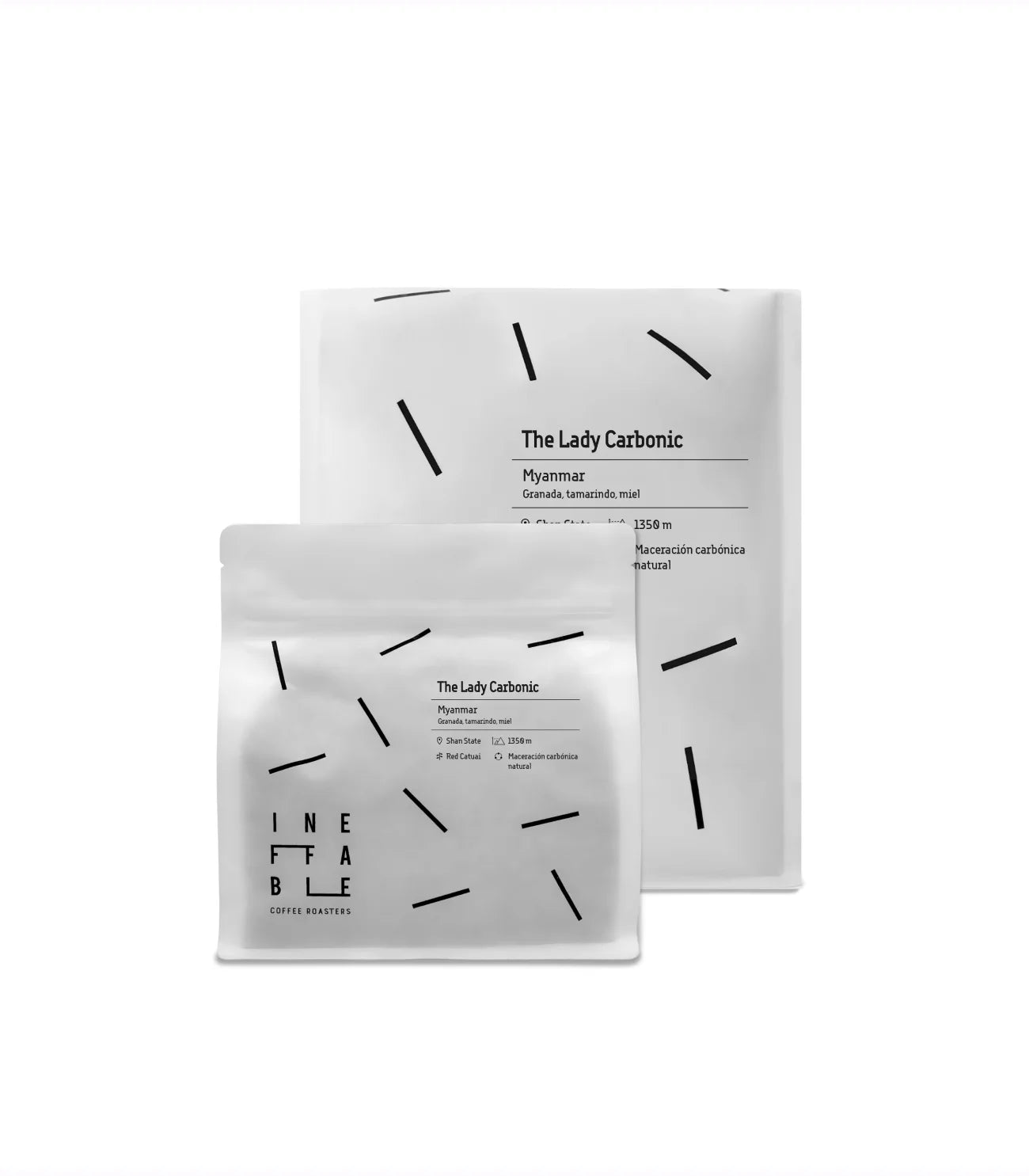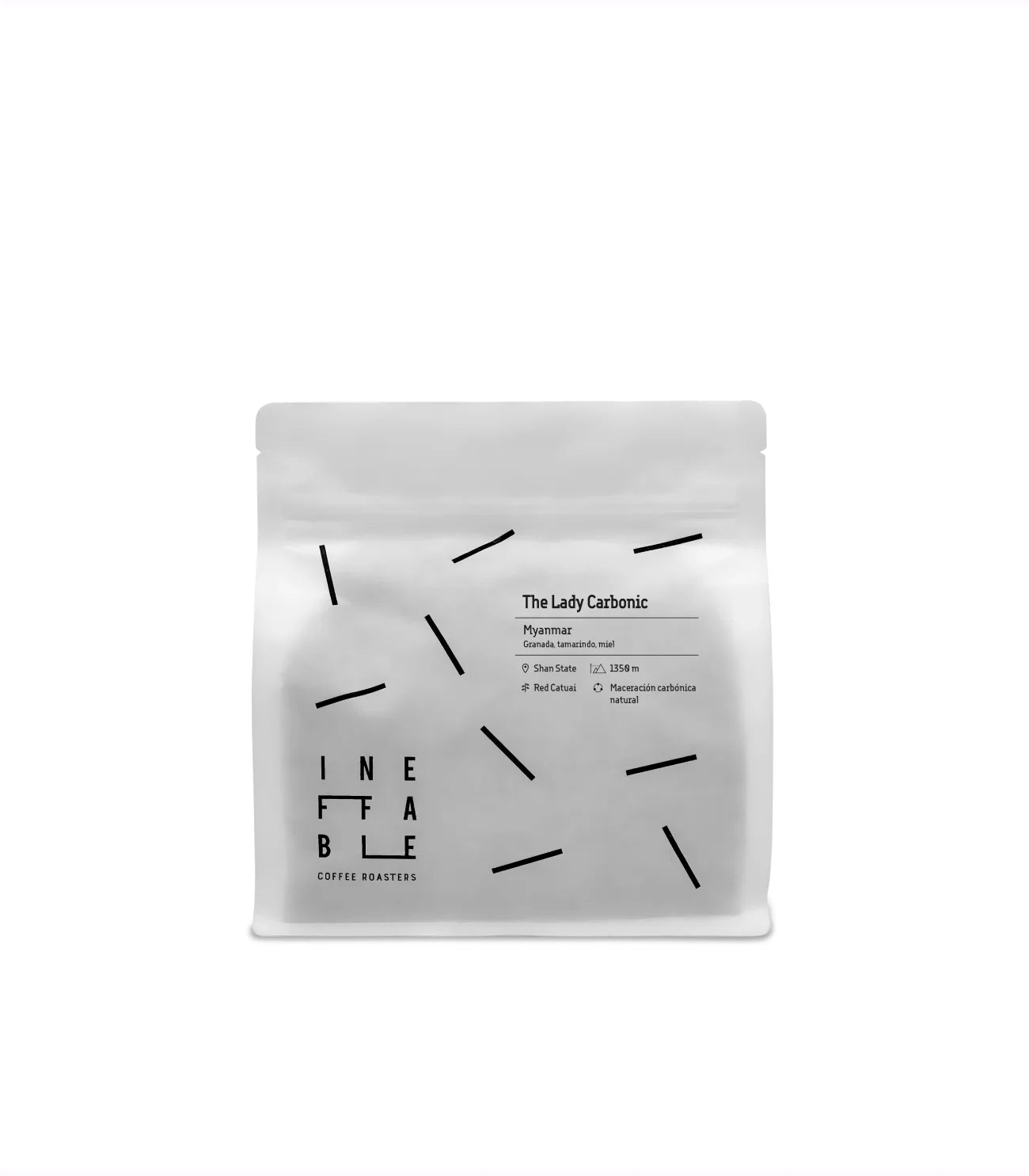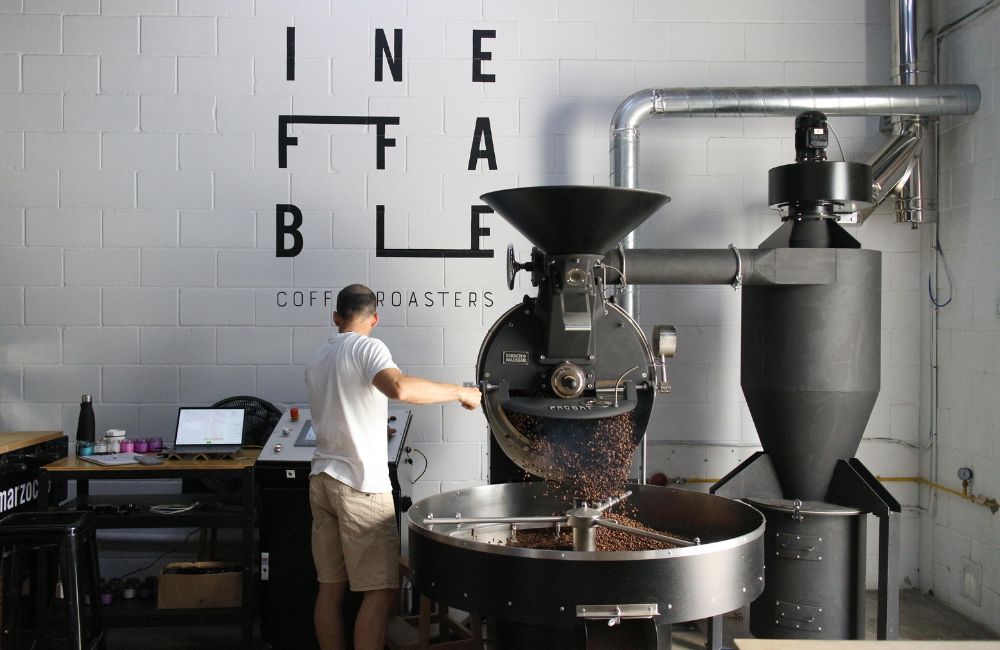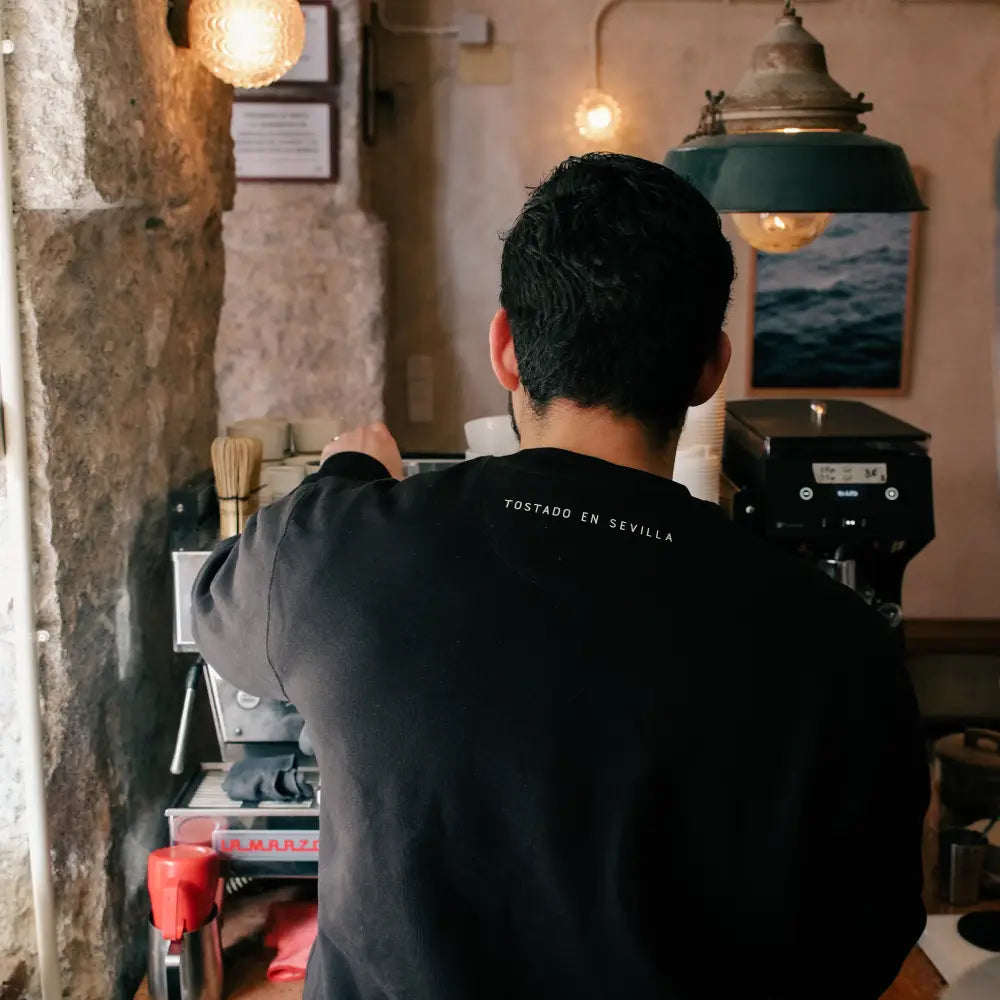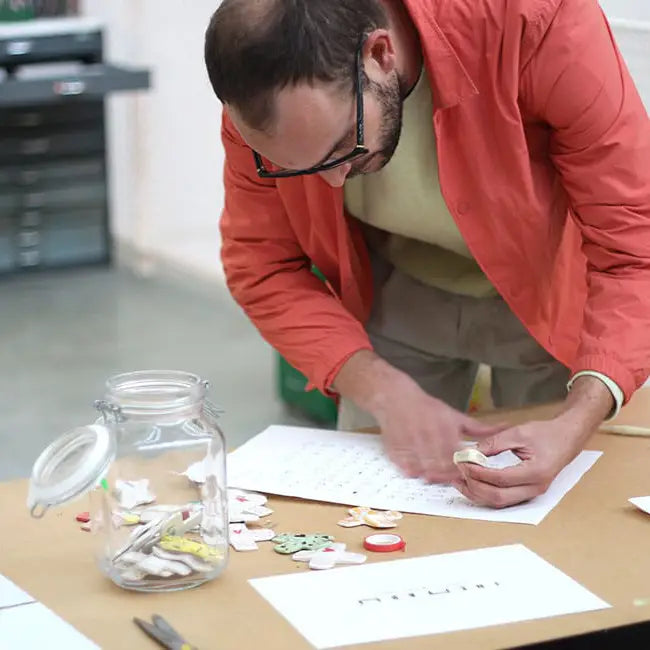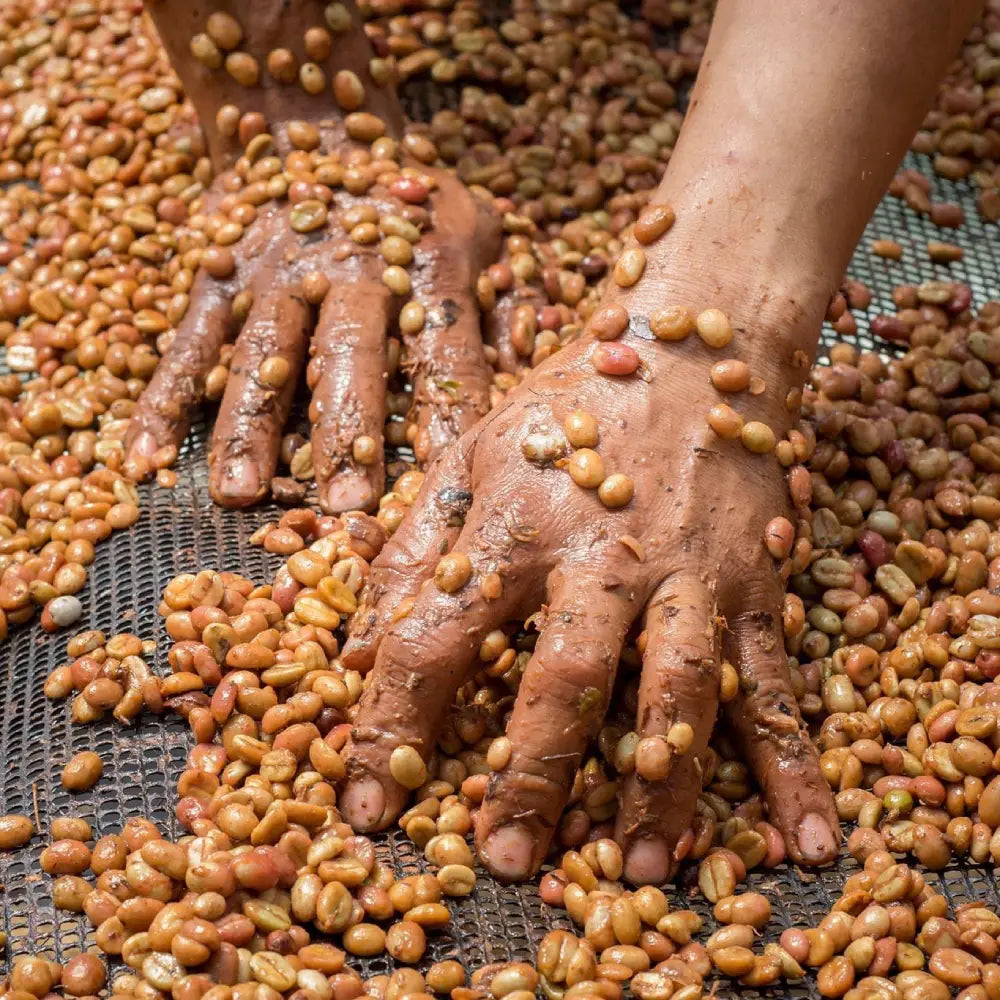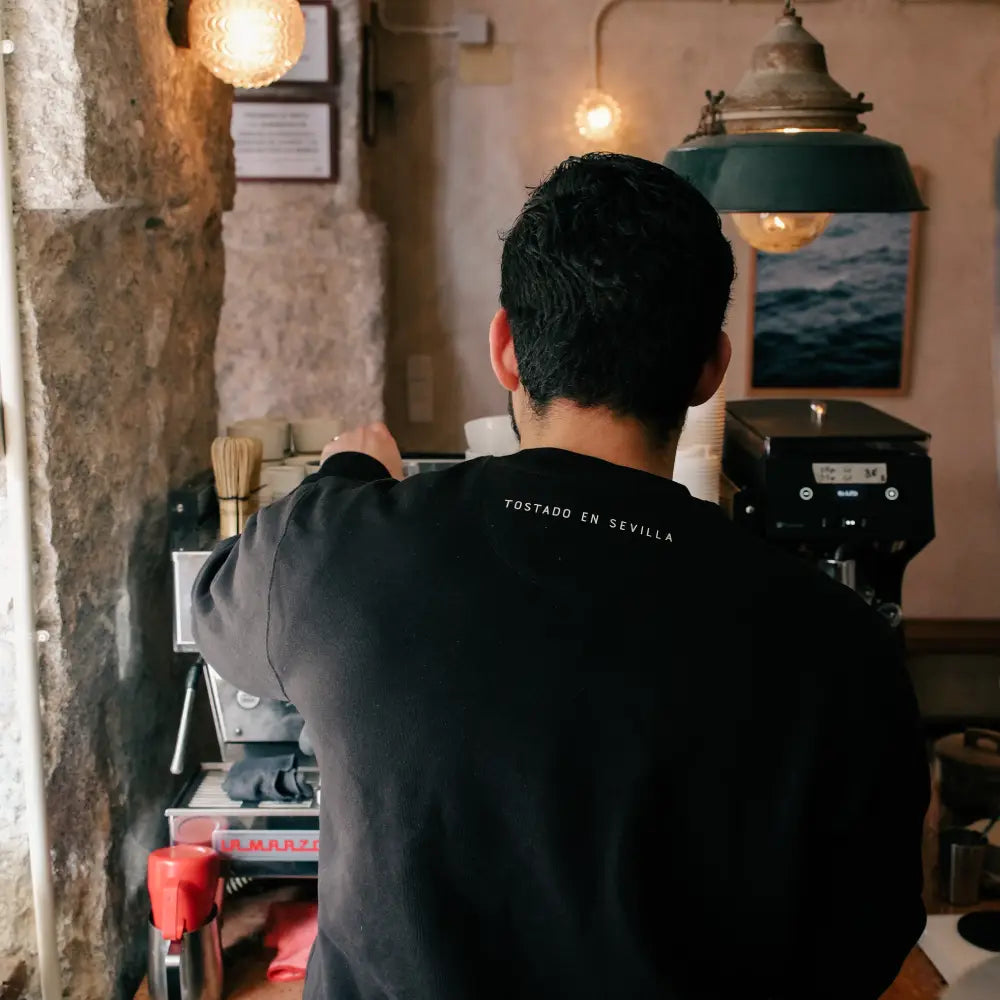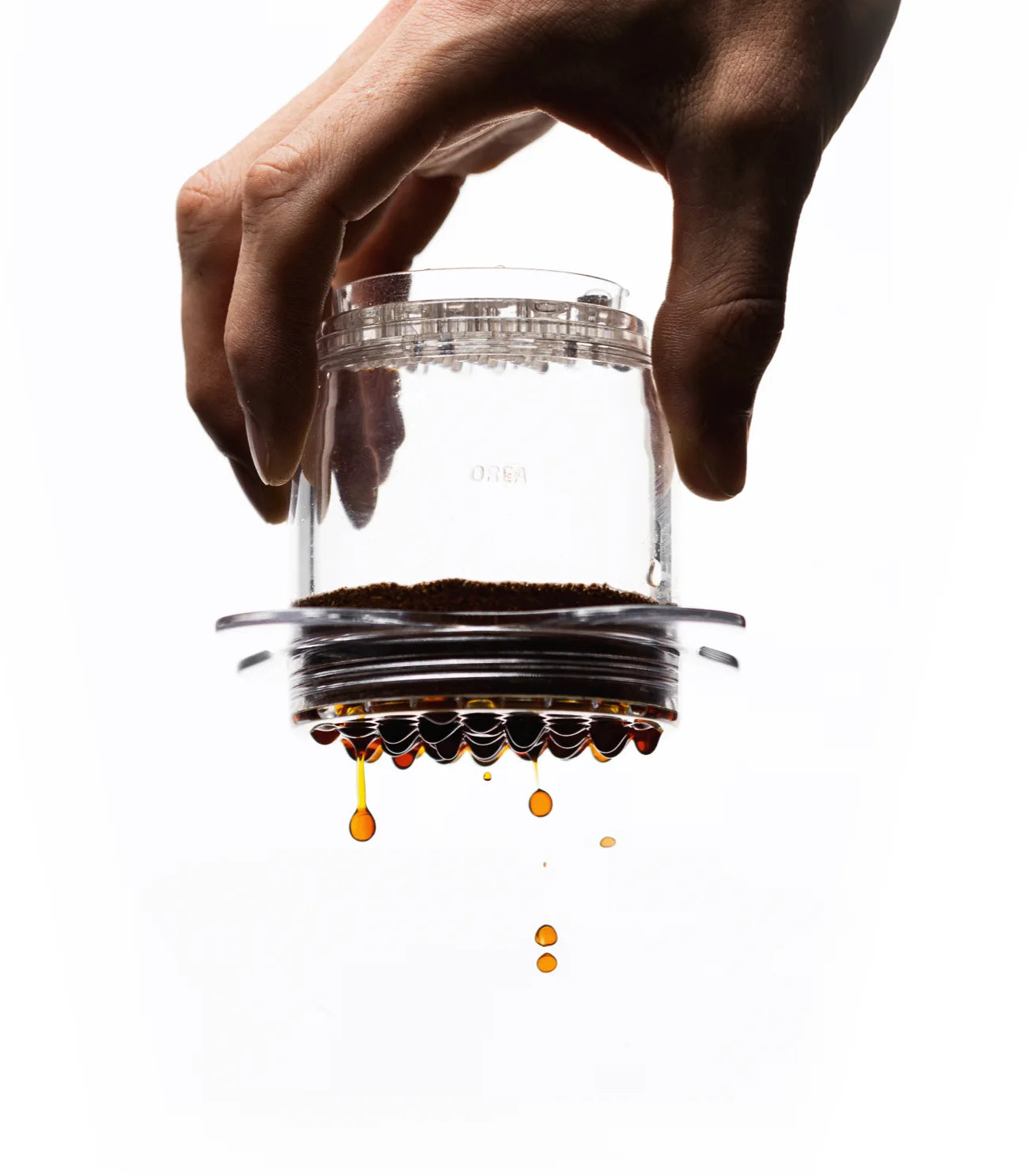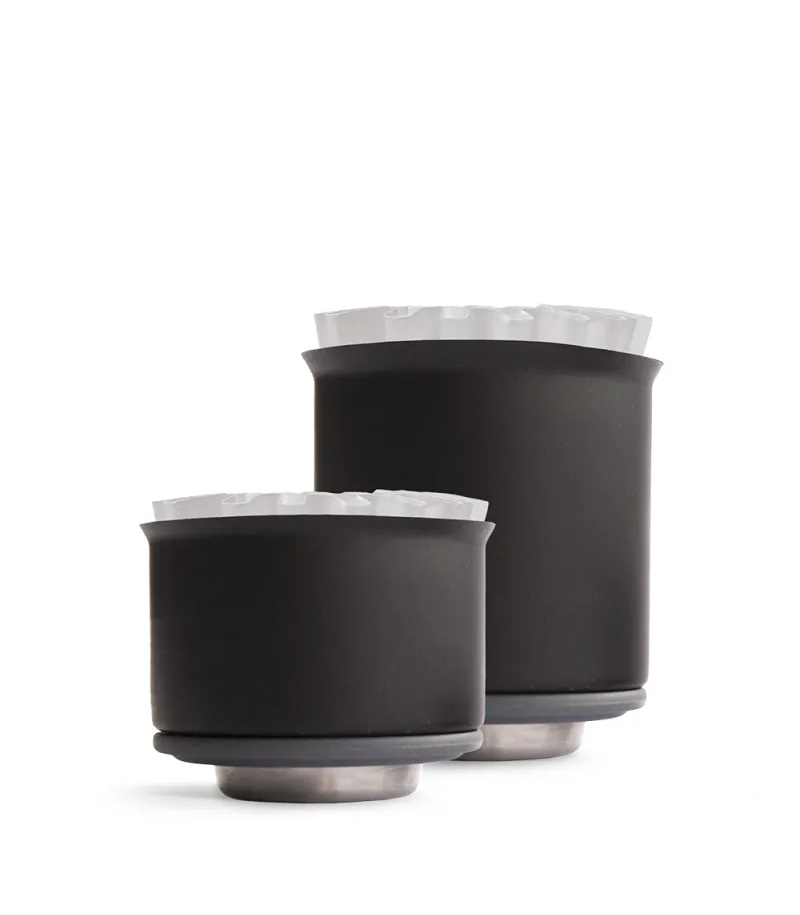Our favorite coffees
36,00€ - 132,00€
Nestor Lasso Ombligon Thermal Shock
36,00€ – 132,00€
Anaerobic fermentation , Thermal Shock , Natural
Lollipop, cassis, Mon Chéri
33,00€ - 120,00€
Gigante Escarlata
33,00€ – 120,00€
Honey carbonic , Co-fermented
Freeze-dried strawberry, summer pudding, cotton candy
29,00€ - 105,00€
Andrés Torres Gesha
29,00€ – 105,00€
Natural Anaerobic
Orange blossom, peach, blackberry
25,00€ - 89,00€
Danche Hydro Honey
25,00€ – 89,00€
Anaerobic Honey
Peach, pear, lemon tart
23,00€ - 84,00€
Kirura AB
23,00€ – 84,00€
Washed
Hibiscus, blackberry, brown sugar
22,00€ - 79,00€
The Lady Carbonic
22,00€ – 79,00€
Natural Anaerobic 60h
Pomegranate, tamarind, honey
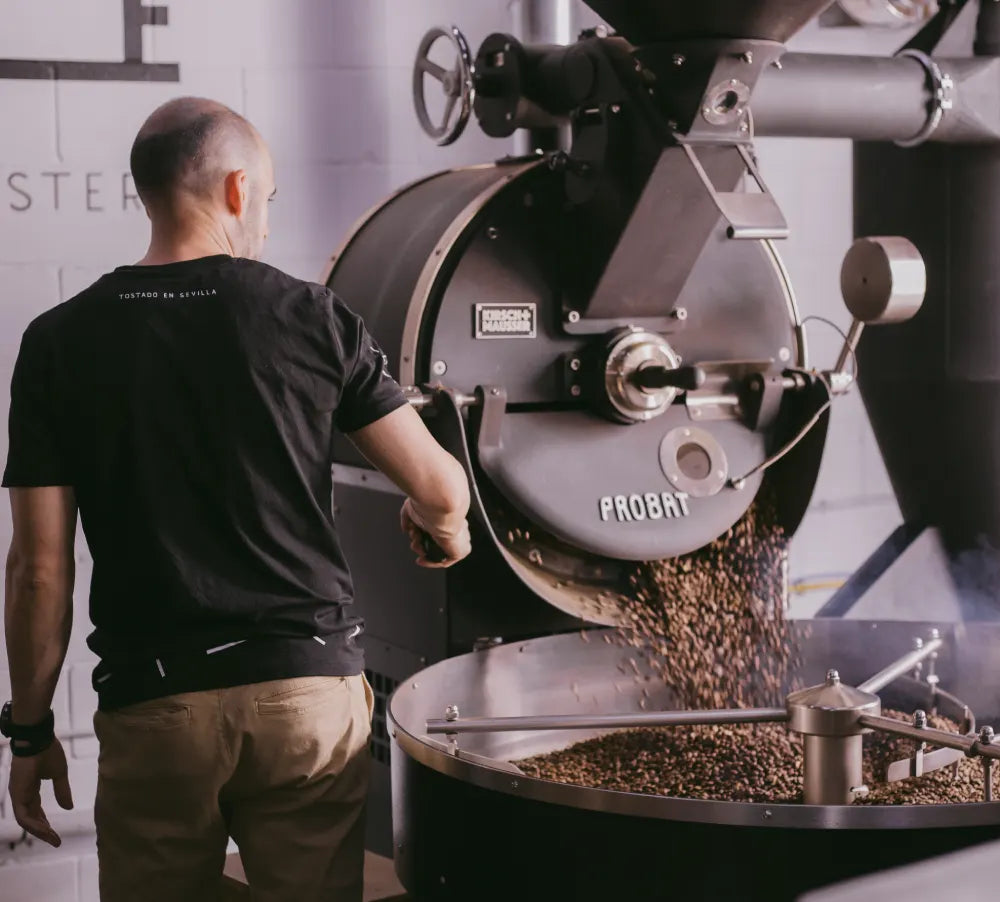
Specialty coffee, seasonal and freshly roasted in Seville.
We work with fresh, seasonal specialty coffees, lovingly cultivated at source by farmers who care for the land and value quality above all else.
Buying specialty coffee for the first time?
We know that purchasing specialty coffee for the first time can be complicated. That's why we've prepared a series of resources to help you get started in this wonderful world.
The coffee subscription that suits you
Get our specialty coffee delivered to your home the way you want it.
Whenever you want.
Specialty coffee is synonymous with quality and traceability. It is evaluated on a scale of 0 to 100, and only those with a score above 80 are considered 'specialty coffee.' At Ineffable Coffee, we only roast coffees with a score above 84. Our philosophy is based on respect for producers at source, product traceability, environmental and social sustainability, and fair payment.
Fresh seasonal coffee
Freshly roasted in Seville
Eco-Friendly Packaging
Fair price
Caution to producers
Traceability from farm to cup
Preparation guides
What are you looking for?
The perfect accessories to get started
415,00€ - 415,00€
299,90€ - 299,90€
Sage The Luxe Brewer Thermal
299,90€
249,00€ - 249,00€
255,00€ - 274,00€
Moccamaster KBG Select
255,00€ – 274,00€
228,00€ - 228,00€
Moccamaster Cup One
228,00€
106,00€ - 106,00€
65,00€ - 65,00€
54,00€ - 54,00€
Dripper Fellow Stagg X
54,00€





